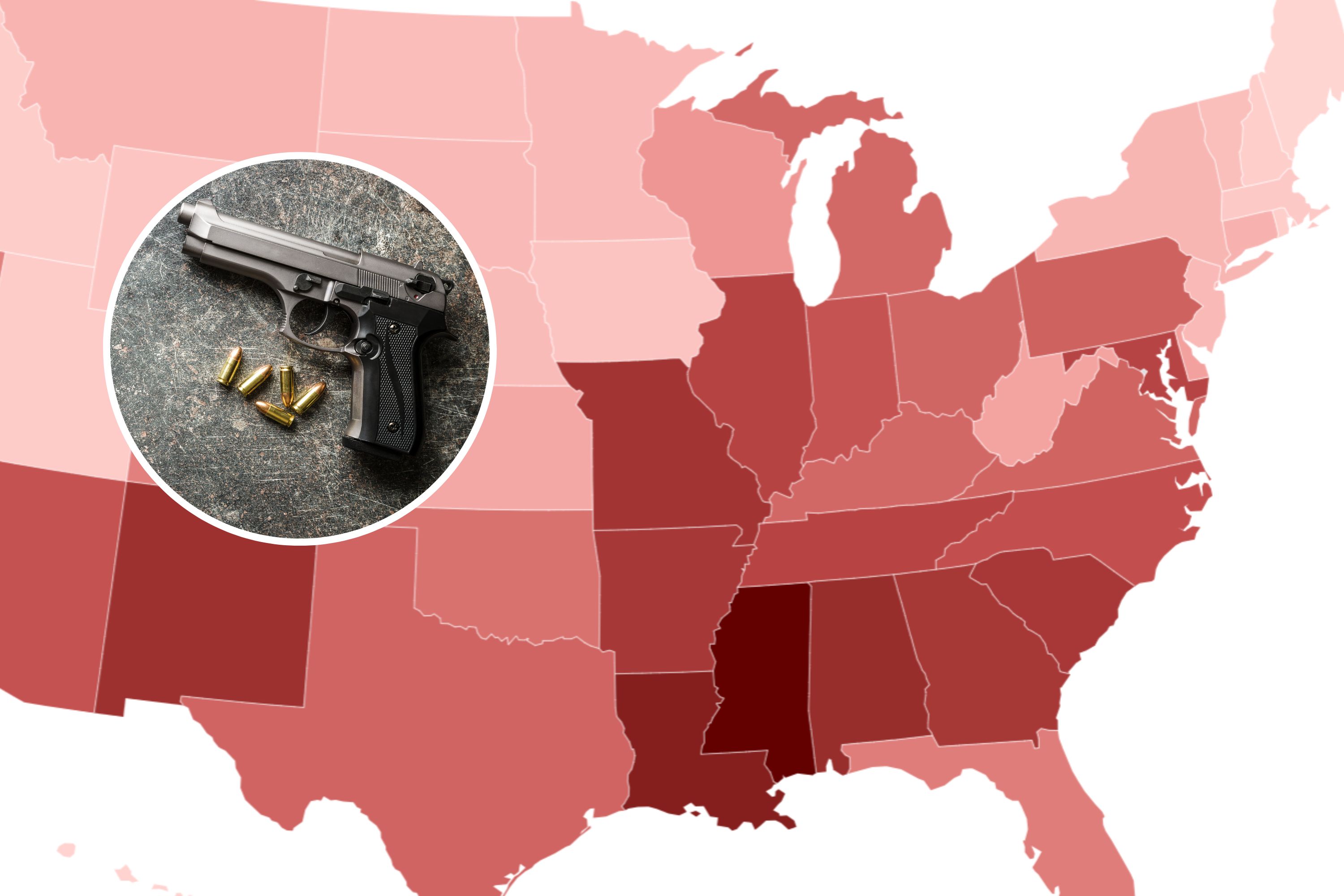She was by all accounts a bright, compassionate young woman whose disappearance while out for a run captured the nation's attention. Her story ended—as so many like them do—badly, with the discovery of her remains in an Iowa cornfield about a month after she was reported missing.
The man charged with taking her life is Cristhian Bahena Rivera, a 24-year-old foreign national who has been living and working in the U.S. under an assumed name. He is, as many would have described him before the lords of political correctness took over the written language, an illegal alien. This is something that has added fuel to the fires stoked by the debate over immigration.

Mollie Tibbetts' father, Rob, has repeatedly and passionately asked that his family's tragedy not be used to exploit anti-immigrant sentiment. He has heavily criticized those who've tried to do just that, including Donald Trump Jr., who penned an op-ed for the Des Moines Register attacking Democratic support for open borders and the part they played in Mollie's demise.
"I encourage the debate on immigration; there is great merit in its reasonable outcome," the elder Tibbetts wrote in response to Donald Trump Jr. in the same paper, "But do not appropriate Mollie's soul in advancing views she believed were profoundly racist. The act grievously extends the crime that stole Mollie from our family and is, to quote Donald Trump Jr., 'heartless' and 'despicable.'"
Unfortunately for the Tibbetts and for others who've experienced such tragedies in public, they don't get to control the narrative. We talk and write about such events because they are meaningful. Stories, like Mollie's, are laid before us because they are interesting to the public—the ratings tell us that—and because they do indeed drive the debate on matters very much in the public interest. There are more than a few people on every side of the immigration debate who think some change in immigration policy in the direction they favor might give meaning to her life—or at least to her death.
Nonetheless, it's unlikely the pleas of a grieving father will be enough to dissuade advocates on all sides of the immigration debate from invoking Mollie's name. Her story is too well-known and powerful for it not to be.
It also points out a flaw in the system that should be addressed. Mollie Tibbetts is not the only person to have been killed by someone who should never have been in the United States to begin with. And no one—not you and not me—should have to contribute to the costs of incarcerating these killers for life in the comparative luxury of an American prison. The system is already strained past the economic and sociological breaking point.
Even so, it's supposed to be about justice, not just dollars and cents. What would constitute justice in this case? A lifetime in prison? Deportation? No. Policymakers should view the issue for this as a special kind of crime, one that defies geographic boundaries because the killer—or alleged killer as the case may be— is not a U.S. citizen or resident alien. What should be done is to make murder committed with premeditation a federal crime punishable by death.
Not a single person should have to pay to incarcerate someone who shouldn't be in the U.S. for the rest of their natural life if they've been convicted of the premeditated murder of another person. It is a clear and succinct way of addressing a problem that, while small, should not be allowed to grow. It's a powerful statement in defense of innocent life and one that says we are going to be serious about the problems of crime committed by aliens here illegally. It doesn't matter what country they come from, it doesn't matter what color their skin is, and it doesn't matter who they've killed. There should be a zero tolerance policy from this point forward for such crimes.
Will this bring back Mollie Tibbetts or assuage her family's grief? No. Nor will it help heal the wounds of any of the other families who have lost loved ones to similar criminals. But it would be a step in the right direction of potentially preventing any more grieving families in the future.
Newsweek contributing editor Peter Roff is has written extensively about politics, culture, and the media for U.S. News and World Report, United Press International, and various other publications. He can be reached by email at RoffColumns@GMAIL.com. Follow him on Twitter @PeterRoff
The views expressed in this article are the author's own.
Correction: The title of this story has been updated with the correct spelling.
Uncommon Knowledge
Newsweek is committed to challenging conventional wisdom and finding connections in the search for common ground.
Newsweek is committed to challenging conventional wisdom and finding connections in the search for common ground.





